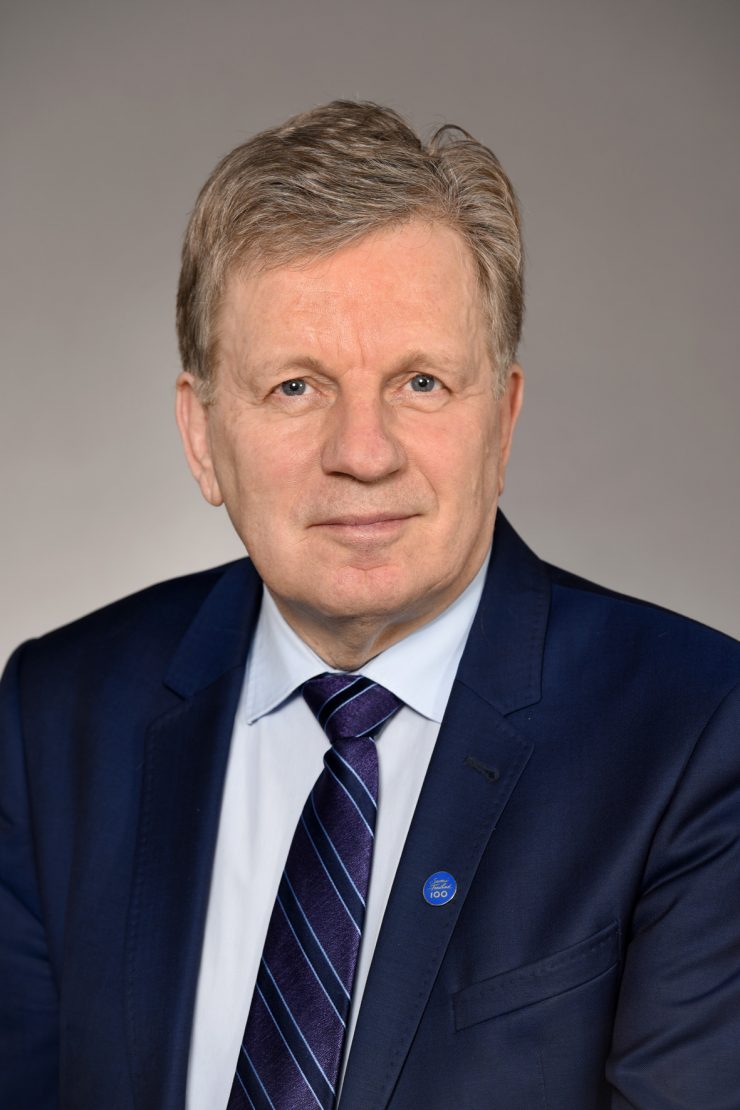Esko Aho is Executive Chairman of the Board of the East Office of Finnish Industries, a non-profit company of 25 leading Finnish corporations. In addition, he is Chairman of the Board of Cinia Oy and Adven Group. In May 2016, he was elected to the Supervisory Board of Sberbank, Russia´s biggest bank.
Mr. Aho was a Member of the Finnish Parliament for 20 years, from 1983 to 2003. He chaired the Centre Party from 1990 to 2002 and was elected Prime Minister in 1991 at the age of 36, making him the youngest PM in Finland’s history. Under his leadership, Finland joined the European Union.
After his political career, Mr. Aho served as President of the Finnish Innovation Fund Sitra and then moved on to Nokia Corporation as Executive Vice President of Corporate Relations and Responsibility. Up to the present he has been a Consultative Partner at Nokia.
Currently, Mr. Aho serves as elected member of the Executive Board at the International Chamber of Commerce. He is an invited member of Club de Madrid, an independent organization of former heads of state and government dedicated to strengthening democracy.
Throughout his career, Mr. Aho has been active in the world of academia. He has been a Resident Fellow and later Senior Fellow at Harvard University. He is a visiting lecturer at Beijing University and a member of the Industrial Advisory Board at the Russian Presidential Academy of National Economy and Public Administration (RANEPA). He is Executive in Residence at Aalto University, where he works at the Department of Management Studies at the School of Business. He is a visiting lecturer at PSIA, Paris School of International Affairs. He also is a member of the International Advisory Board, NTU Institute of Science and Technology for Humanity, Nanyang Technologia University, Singapore. Mr. Aho holds honorary doctorate degrees from the University of Vaasa, Finland, and the University of Alberta, Canada.
 Global Coalition On
Global Coalition On 